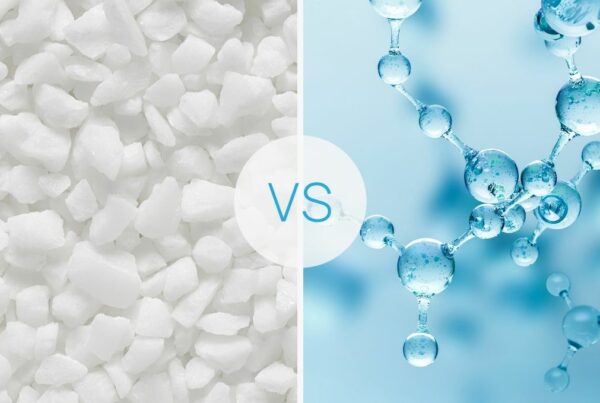Limescale is a far reaching problem that affects a myriad of different industries, including the manufacturing industry. Limescale is the buildup of hard mineral deposits that are left behind by water as it evaporates. These deposits can cause a number of problems in manufacturing, which can ultimately impact the quality of the products being produced.
Damage to machinery
One of the biggest problems caused by limescale in the manufacturing industry is that it can clog machinery and equipment. As the mineral deposits accumulate, they can restrict the flow of water and other fluids through pipes, valves, and other components. This can cause machinery to slow down, or even stop working altogether, which can lead to costly downtime and lost productivity.
In addition to clogging machinery, limescale can also damage equipment over time. The hard mineral deposits can wear away at the internal components of machines, leading to premature failure and the need for costly repairs or replacements. This can be particularly problematic for companies that rely on expensive machinery to manufacture their products.

Product quality
Another impact of limescale on the manufacturing industry is that it can affect the quality of the products being produced. As the mineral deposits accumulate on equipment and machinery, they can also contaminate the products being produced. This can lead to quality control issues, and can even result in products that are unsafe for consumers to use.
One such example is that limescale buildup can create an ideal environment for the growth of bacteria, including legionella. This bacteria can thrive in the crevices and cracks created by limescale, making it difficult to remove once it has taken hold. However, by treating limescale buildup, companies can help to prevent the growth of harmful bacteria like legionella, protecting their employees and customers from potential illness.

Limescale and energy consumption
As limescale buildup accumulates in machinery and equipment, it clogs and damages the internal components, making it more difficult for them to function effectively. This results in a decrease in overall efficiency, which can cause significant issues for manufacturing companies.
One of the most significant impacts of reduced efficiency is the increase in energy bills. As equipment requires more energy to operate due to limescale buildup, companies will see a spike in energy usage and, subsequently, higher bills. This increase in energy costs can lead to reduced profit margins for companies, affecting everything from shareholder returns to market pricing.
Reduced efficiency can also lead to increased downtime and maintenance costs. As equipment struggles to operate at full capacity due to limescale buildup, it is more likely to break down, requiring repairs and maintenance. This results in increased downtime, which can cause significant production delays and lost revenue for manufacturing companies.
Furthermore, as companies struggle to maintain the same level of production due to limescale buildup, they may be forced to increase their workforce to compensate for the loss in efficiency. This can lead to higher labour costs, reducing profit margins even further.
To mitigate the impact of limescale on the manufacturing industry, there are a number of steps that companies can take. Regular maintenance and cleaning of machinery and equipment is key, as this can help to prevent the buildup of mineral deposits. Additionally, installing water treatment systems can help to remove minerals from the water supply before it reaches equipment, helping to prevent the buildup of limescale.
In conclusion, the impact of limescale on the efficiency of manufacturing processes is significant and can have far-reaching consequences for companies. Increased energy bills, maintenance costs, and downtime can all lead to reduced profit margins and lost revenue. It is essential for companies to take proactive steps to prevent limescale buildup, including regular maintenance and cleaning of machinery and equipment, as well as installing specialist water treatment systems. By doing so, they can minimize the impact of limescale on their operations and ensure the efficient production of their products.
To find out how water treatment can improve manufacturing efficiency in your business, get in touch.






